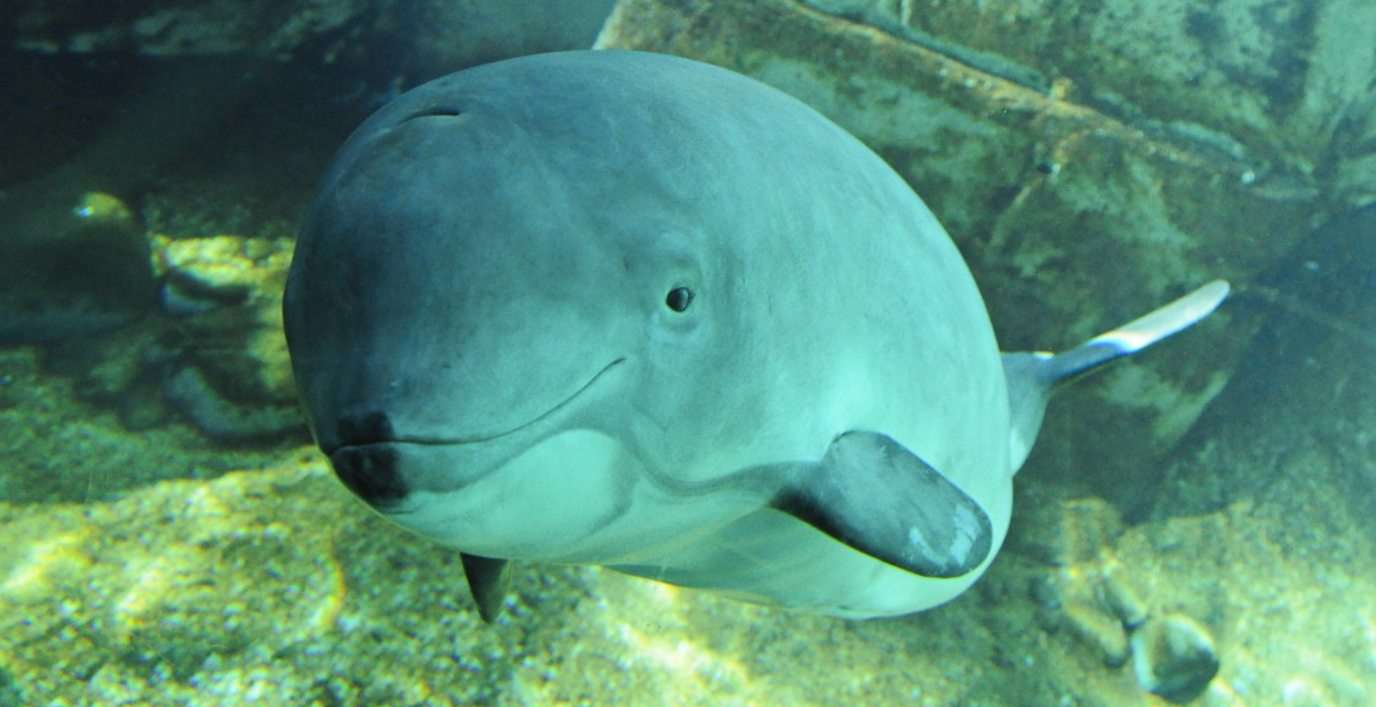Wombats Hailed as Heroes for Digging Down Under, Revealing Water Well During Drought
In conditions of severe drought, New South Wales wombats have dug a huge pit to reach water, allowing other species a lifesaving drink.

After decades of use, ‘gillnets' and the fishing strategies that employed them have been banned by California law—and that has provided a boon for seabirds, sharks, and the shy harbor porpoise.
The years between 1987 and 2002 saw many gillnet bans enacted in counties along the California coast, where dead marine animals would wash up on beaches entangled in nets, causing outrage among locals.
Used literally for thousands of years, the gillnet easily catches fish when the fibers snag on the fishes' gills, but it is also liable to snare other animals like sharks, otters, and seabirds.
The harbor porpoise, which is actually one of the smallest toothed whales on Earth, is a very secretive animal and difficult for marine biologists to count—but there's been such a marked increase that the success is obvious.
Karin Forney, a marine biologist at the National Oceanic and Atmospheric Administration, has been studying them for three decades.
"They're capable of recovering," Forney told the LA Times. "They have a resilience and they will rebound if we just let them."
Rebounding could almost be considered an understatement. Since bans were introduced, harbor porpoise populations have added around 8,200 new members—in Monterrey Bay, Morro Bay, Santa Barbara, and the San Francisco and Russian River systems

It's a significant triumph for the under-the-radar sea mammal, which in Morro Bay alone grew from 570 individuals in 1990 to over 4,000 by 2012.
Another species that will have benefited from the gillnet ban is great white sharks, which used to be caught by all manner of nets. Since the Marine Resources Protection Act of 1990, which was implemented in 1994 and banned drift and set gillnets, very few great white sharks have been incidentally caught.
That's great news because, with the sharks being relatively unknown to science, the fewer members of the species that perish accidentally the better, since it is difficult to ascertain population levels.
HELP Your Friends See the Poipose of Good News–Share This Story on Social Media…
Be the first to comment